Intro
As our senior dogs age, it’s crucial for pet owners to pay close attention to their senior dogs’ appetite and eating habits. Managing eating habits in older dogs, including recognizing signs of appetite changes and understanding the underlying causes, is essential for maintaining their overall health and well-being.
In this blog post, we will delve into the intricacies of addressing changes in appetite and eating habits in senior dogs, providing valuable insights and practical tips for senior dog owners to navigate this important aspect of their pet’s care.
Recognizing the Signs of Appetite Changes in Senior Dogs
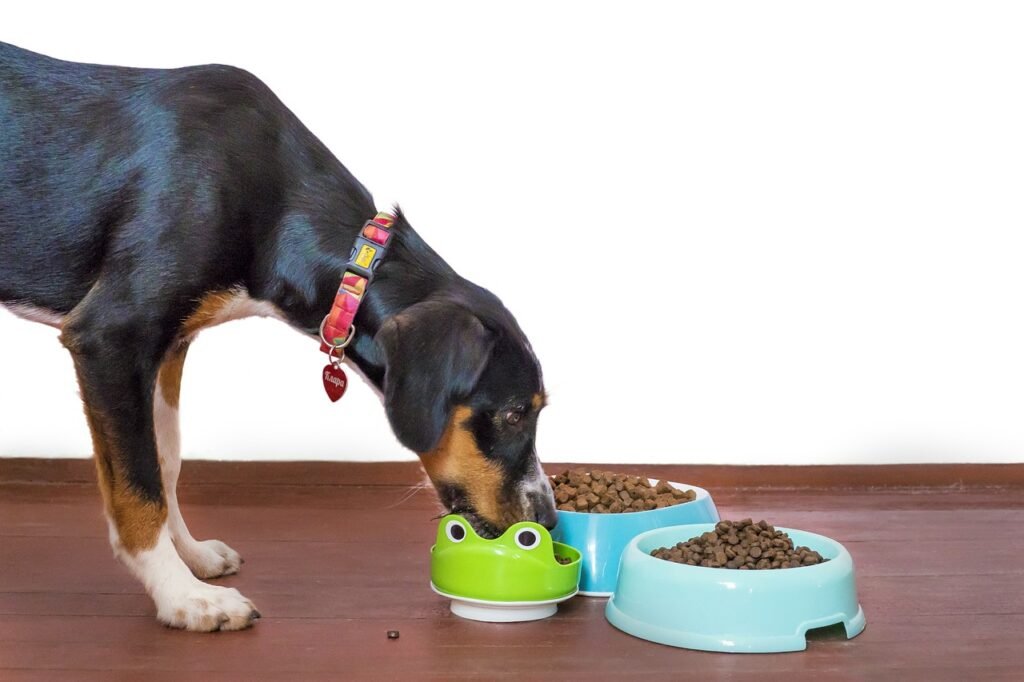
Observing your senior dog closely is the first step in noticing crucial changes in their appetite and eating habits. Look for subtle signs like hesitancy around meal times or leaving their bowl fuller than usual, as these could be early indicators of appetite loss. A marked increase or decrease in water consumption, alongside this, warrants attention, suggesting possible health concerns that are affecting their desire to eat. Another telling sign is weight fluctuations; whether it’s a sudden drop or gain, it could point towards an imbalance in their nutritional intake or absorption.
Unusual behavior during meal times, such as showing interest in food but then walking away or difficulty in chewing, could signal dental issues or discomfort. These behaviors often go unnoticed but can significantly impact a senior dog’s willingness and ability to consume their meals regularly. Additionally, a senior dog who once eagerly anticipated meal times but now shows disinterest may be experiencing changes in their sense of taste or smell, directly affecting their appetite.
In some cases, your dog’s eating habits may change to preferring certain types of food over others, indicating potential issues with food preferences that develop with age or underlying health issues. It’s important to monitor these preferences closely, as they can provide clues to more significant health problems that may not yet be apparent.
Lastly, a comprehensive understanding of these signs helps in early identification of potential health issues. Recognizing these changes early on can lead to prompt veterinary intervention, ensuring your senior dog receives the care and attention needed to address any health concerns affecting their appetite.
Understanding the Causes Behind Changes in Eating Habits
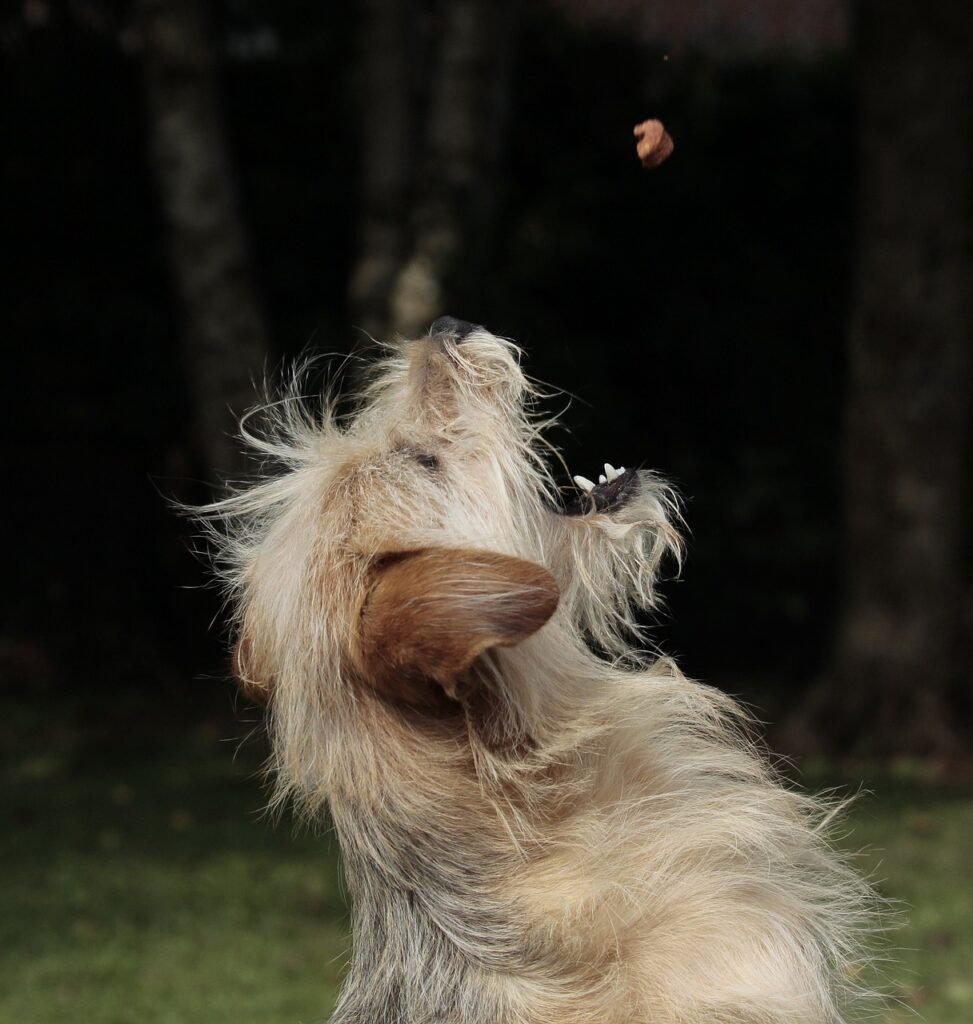
Diving deep into the factors that contribute to changes in eating habits of senior dogs reveals a myriad of potential causes. Dental issues often emerge at the forefront, with pain or discomfort while chewing making meal times daunting rather than enjoyable. Beyond the mouth, gastrointestinal disturbances can upset a dog’s once hearty appetite, leading to avoidance of food. Medications, too, play a significant role; their side effects sometimes diminish a senior dog’s desire to eat or alter their taste preferences drastically.
Navigating further, cognitive decline cannot be overlooked. As dogs age, confusion or disorientation can disrupt their regular eating patterns, making familiar routines seem unfamiliar. Chronic conditions such as kidney disease or diabetes also come into play, directly impacting a dog’s nutritional needs and appetite.
These health challenges necessitate a closer examination and understanding to ensure our senior dogs receive the care and diet adjustments they require.
A unique aspect in the puzzle of changing eating habits is the role of a dog’s sensory changes. A decrease in smell and taste sensitivity can make food less appealing, pushing senior dogs away from their bowls. This shift often calls for more palatable, aromatic foods to entice their fading senses back to mealtime enthusiasm.
Lastly, the psychological factors should not be underestimated. Dogs, much like humans, experience changes in mood and preference as they age, which can influence their eating behavior. Stress, environmental changes, or the loss of a companion may lead to temporary changes in appetite, underscoring the need for a supportive and understanding approach to their care.
The Importance of Veterinary Consultation for Appetite Issues
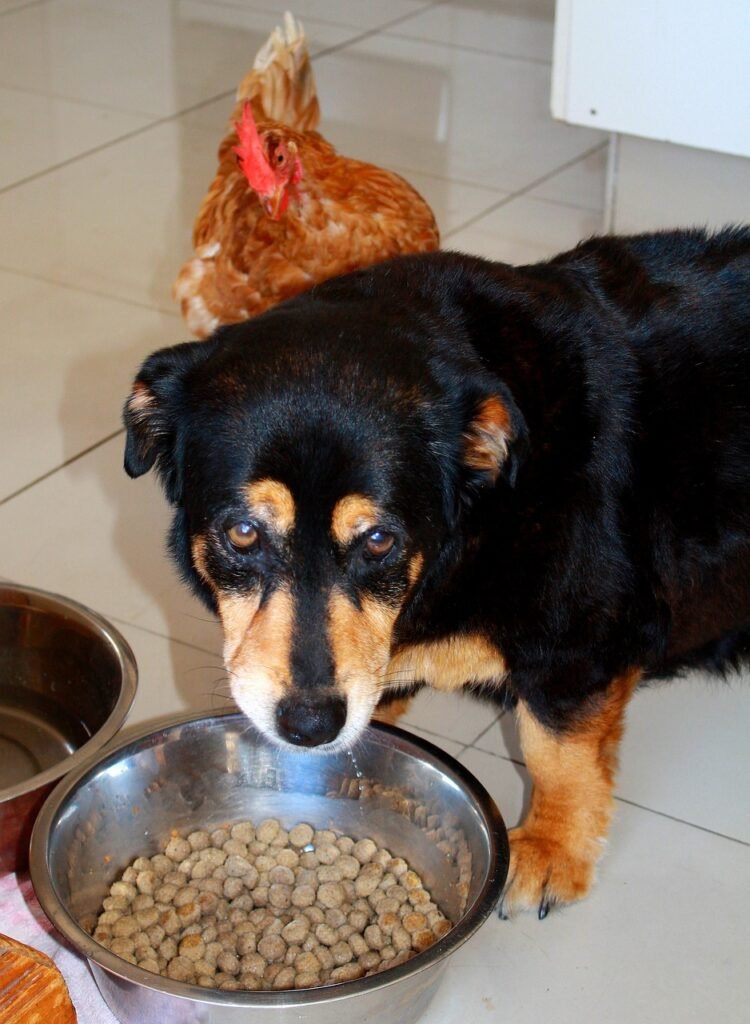
Seeking a veterinarian’s expertise becomes paramount when changes in your senior dog’s appetite or eating habits become apparent. Not only can a vet provide a comprehensive physical exam, but they can also recommend diagnostic tests to uncover any underlying issues. These professional insights are invaluable for tailoring a management plan that addresses your dog’s specific needs, enhancing their quality of life.
A veterinarian’s role extends beyond diagnosis; they’re a pivotal resource for guidance on nutritional adjustments and interventions that may benefit your senior dog. Whether it’s suggesting appetite stimulants, introducing special diets, or managing chronic conditions that affect eating habits, a vet’s recommendations are grounded in a deep understanding of canine health.
Collaborating with your veterinarian can also shed light on the most effective ways to encourage eating and maintaining a balanced diet for your senior dog. This partnership ensures that any prescribed treatments or dietary changes are safe and beneficial, avoiding potential complications.
In instances where a senior dog’s loss of appetite stems from more complex health issues, a vet may refer you to a specialist. These specialists can offer advanced care options, including surgery or specialized treatments, providing a level of care that addresses specific health concerns with precision.
Prompt veterinary consultation at the first sign of appetite changes ensures timely intervention, which can significantly impact your senior dog’s recovery and well-being. It’s a crucial step in navigating the challenges of caring for an aging canine companion, offering peace of mind to owners dedicated to their pets’ health and happiness.
Adjusting Your Senior Dog’s Diet for Optimal Health

In the journey of caring for a senior dog, understanding the shift in their nutritional needs is paramount. A senior dog’s diet must be carefully curated to ensure it provides the necessary energy and supports their overall health without overburdening their digestive system. High-quality senior dog food formulas are specially designed with these changes in mind, offering balanced nutrients tailored to the less active lifestyle and metabolic rate of older dogs.
The inclusion of easily digestible proteins in their diet helps maintain muscle mass while minimizing strain on the kidneys. These proteins, alongside a mix of fibers, aid in promoting smooth digestive processes, which can be a common concern as dogs age. Vitamins and minerals, crucial for supporting immune function and overall health, should be present in adequate amounts. However, the proportions may need adjustment compared to those required by younger dogs to prevent over-supplementation, which can be as harmful as a deficiency.
Incorporating foods rich in omega-3 fatty acids can significantly benefit senior dogs by supporting joint health and reducing inflammation, which is especially important for those with arthritis or other age-related conditions. Careful consideration must also be given to the caloric content of their diet. As their activity levels decrease, senior dogs are at a higher risk of obesity, which can exacerbate health issues and reduce quality of life.
Finally, palatability remains a key factor; senior dogs might have a diminished sense of taste or smell. Enhancing their meals with flavors and textures that appeal to them can encourage regular eating habits and ensure they get the nutrition they need. Each meal becomes an opportunity to support their health, happiness, and vitality during their golden years.
Tips for Encouraging Healthy Eating Habits in Older Dogs

Fostering an environment that stimulates your senior dog’s appetite requires creativity and patience. Introducing smaller, more frequent meals throughout the day can help keep their metabolism engaged and encourage eating without overwhelming them. The essence of making mealtimes exciting and enticing cannot be overstated; incorporating flavorful food toppers or even warming their food slightly can release enticing aromas, making the meal more appealing to your senior dog who may have diminished smell and taste senses.
Creating a peaceful dining experience for your senior pet can make a significant difference. Establish a feeding area away from high-traffic zones to minimize stress and distractions, allowing your dog to eat at their own pace. Consistency in feeding times adds a comforting routine, giving them something to look forward to and rely on each day.
Engage your senior dog’s interest in food through variety while ensuring their dietary needs are met. Experimenting with different types of foods that are safe and healthy for senior dogs can reinvigorate their appetite. However, it’s crucial to introduce new foods gradually to avoid digestive upset and to monitor for any adverse reactions.
Lastly, always consult with a veterinarian when implementing new strategies to boost your senior dog’s appetite. They can offer tailored advice and ensure that your efforts align with your dog’s specific health requirements. By attentively observing and responding to your senior dog’s eating habits, you can make their golden years filled with enjoyable and nourishing mealtime experiences.
Monitoring and Managing Weight Changes in Senior Dogs
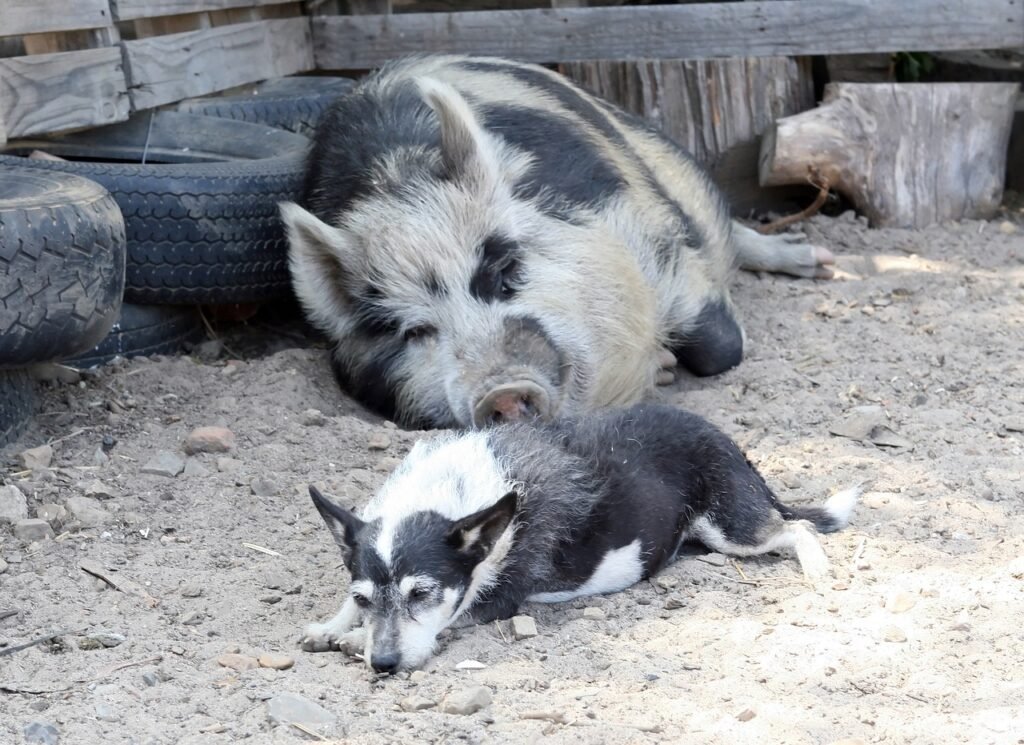
Ensuring your senior dog maintains a healthy weight is of paramount importance, as fluctuations can signal underlying health issues or dietary imbalances. A regular weight check routine at home, complemented by veterinary visits, can keep track of any significant changes, be they gains or losses, allowing for timely interventions. Changes in weight might necessitate adjustments in diet or physical activity, thus it’s vital to monitor these shifts closely.
Keeping an eye on the scale helps identify when it’s time to tweak their daily calorie intake. For dogs that are becoming overweight, a slight reduction in daily calories, along with low-impact exercise, can work wonders. Conversely, weight loss in senior dogs might require an increase in their food intake or even a switch to a more calorie-dense food, always under veterinary guidance to ensure the changes support their overall health needs.
The dialogue with your veterinarian is crucial in this process, as they can offer specific nutritional advice and recommend a diet plan tailored to your dog’s changing metabolism. This collaborative approach ensures that any dietary adjustments not only help manage weight but also contribute to the dog’s overall vitality and wellness.
Furthermore, incorporating gentle, regular exercise into your senior dog’s routine can stimulate their appetite and aid in maintaining a healthy weight. Activities should be suited to their ability level, focusing on maintaining muscle mass and joint health without causing strain or discomfort.
By taking a proactive stance on monitoring and managing weight changes, you provide your senior dog with a strong foundation for a healthy and contented life in their golden years.
The Role of Exercise in Appetite Regulation
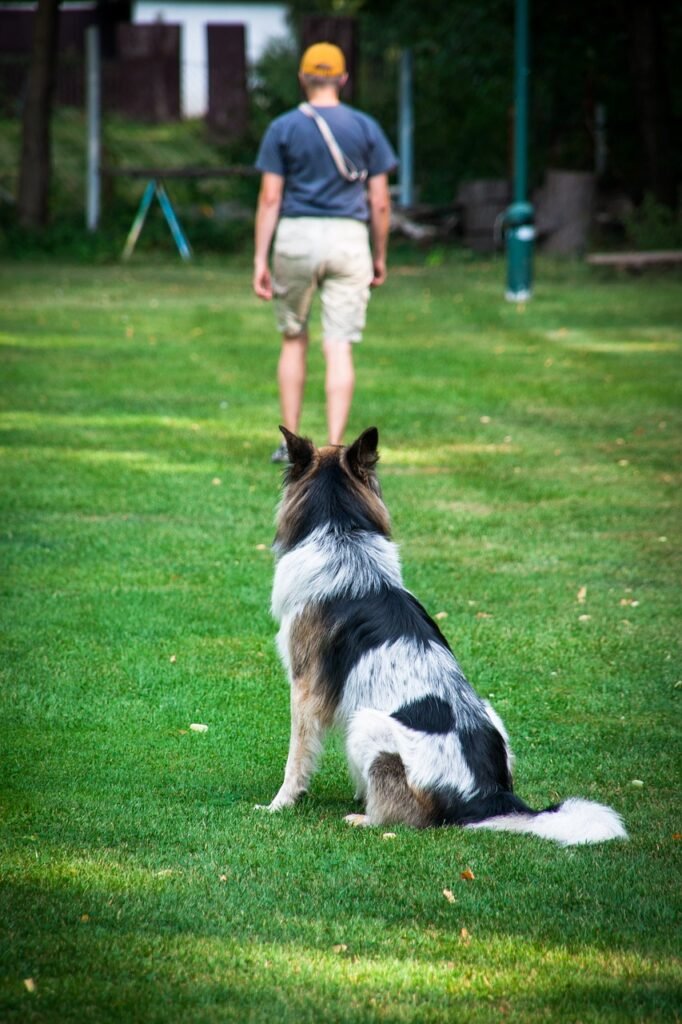
Maintaining an active lifestyle for your senior dog plays a pivotal role in regulating their appetite and supporting their overall health. Gentle, consistent exercise encourages not only physical fitness but also stimulates their digestive system, which can lead to improved hunger cues. Initiating activities that are appropriate for their age and physical condition can make a significant difference. These might include leisurely walks in the neighborhood or engaging in light playtime that keeps them moving without overexertion.
Incorporating such physical activities into your senior dog’s daily routine offers dual benefits: it aids in managing their weight and enhances their mental well-being. The act of engaging in exercise can release endorphins, boosting their mood and appetite. It’s a natural way to invigorate their body’s systems, prompting a more robust appetite at meal times. Tailoring these activities to suit their individual health status ensures they remain safe and enjoyable for your dog.
Beyond the physical aspects, the interaction and bond formed during these exercise sessions contribute positively to their emotional health. A happy, emotionally content dog is more likely to have a healthy appetite. Thus, finding that sweet spot where exercise meets enjoyment is key. Whether it’s a short stroll to breathe in the fresh air or a gentle tug-of-war with their favorite toy, these moments are invaluable.
Exercise, therefore, is not just about physical health; it’s a comprehensive approach to nurturing your senior dog’s appetite and overall well-being. Through thoughtful, regular physical activities, we can help our aging companions maintain a zest for life and a healthy hunger, enriching their golden years.
Addressing Special Dietary Needs of Aging Dogs

Navigating the nutritional landscape for senior dogs with special dietary needs requires a keen understanding and a tailored approach. Collaboration with a veterinarian is vital, as they can offer insights into crafting a diet plan that aligns with your dog’s unique health challenges. Whether grappling with arthritis, kidney disease, or specific food sensitivities, the goal is to optimize their diet to enhance their quality of life.
Integrating supplements or even transitioning to prescription diets might become necessary to address these health concerns adequately. Such adjustments aim to bolster their overall well-being, ensuring that each meal contributes positively to their health. It’s about finding the right balance of nutrients that can support their joints, improve kidney function, or alleviate the discomfort associated with chronic conditions.
For senior dogs facing these health hurdles, mealtime can still be a joyous occasion. Through careful planning and ongoing dialogue with veterinary professionals, pet owners can provide meals that are not just nourishing but also enjoyable for their aging companions. This commitment to their dietary needs underscores the depth of our bond, emphasizing our role in safeguarding their health and happiness in their later years.
The Emotional Impact of Appetite Changes on Owners and Pets

Witnessing changes in the appetite of a senior dog can stir a range of emotions within their caregivers. The initial feelings of concern and confusion may arise as one tries to decipher the underlying causes of these shifts. It’s a journey marked by moments of uncertainty, watching a once voracious eater turn away from their bowl. Amidst these challenges, it becomes imperative to approach each day with patience and an unwavering commitment to understanding and meeting your aging companion’s needs.
Adapting to the new realities of your dog’s dietary preferences necessitates not only a change in routine but also a deeper emotional resilience. The bond between a pet and their owner deepens through these trials, highlighting the mutual reliance and affection that has been cultivated over years. This period of adjustment serves as a reminder of the precious nature of time and the importance of compassionate care.
Finding solace in the support of veterinary professionals and fellow pet owners can be immensely comforting. These connections offer not only practical advice but also emotional solidarity, reinforcing the idea that you’re not alone in this. Engaging in open discussions about the challenges and victories in managing senior dog appetite changes enriches one’s perspective, offering hope and encouragement through shared experiences.
Navigating these waters, remember that every small victory — be it a successful meal or a newfound favorite treat — is a testament to the strength of your bond and the enduring care you provide.
Planning for the Future: Long-Term Care for Senior Dogs

Ensuring the twilight years of our senior dogs are filled with comfort and joy requires thoughtful preparation. Tailoring their living space to accommodate diminishing mobility can make a world of difference, from non-slip floors to bedding that cushions their aging joints. Proactive health management through routine veterinary checkups allows for early detection and management of age-related conditions, safeguarding their well-being.
Embracing this journey with our senior pets also involves adapting to their changing needs with patience and love, ensuring their days are not only comfortable but cherished. It’s about creating a nurturing environment that honors their lifetime of companionship, making their golden years truly golden.
